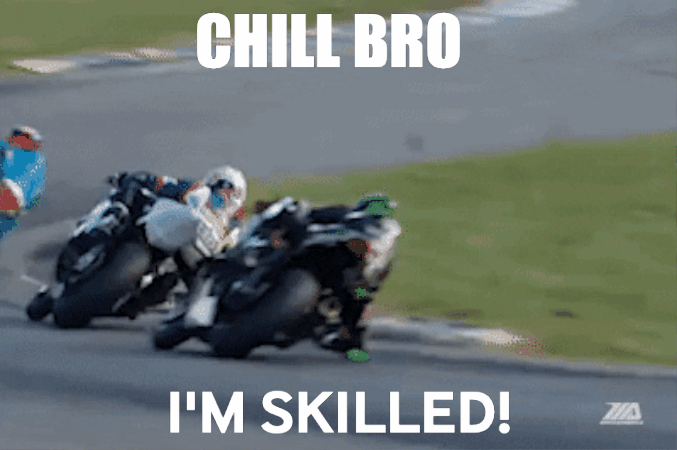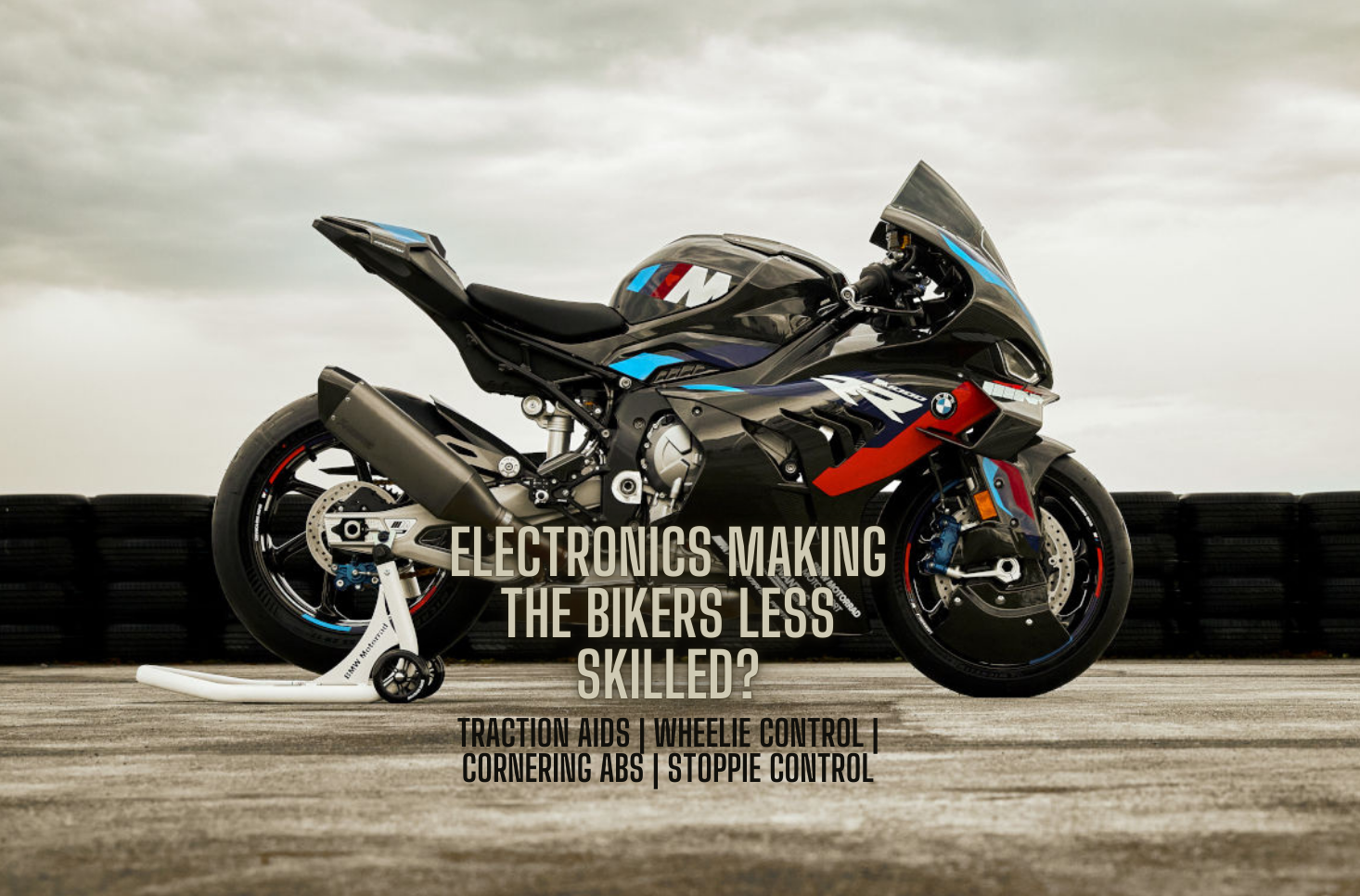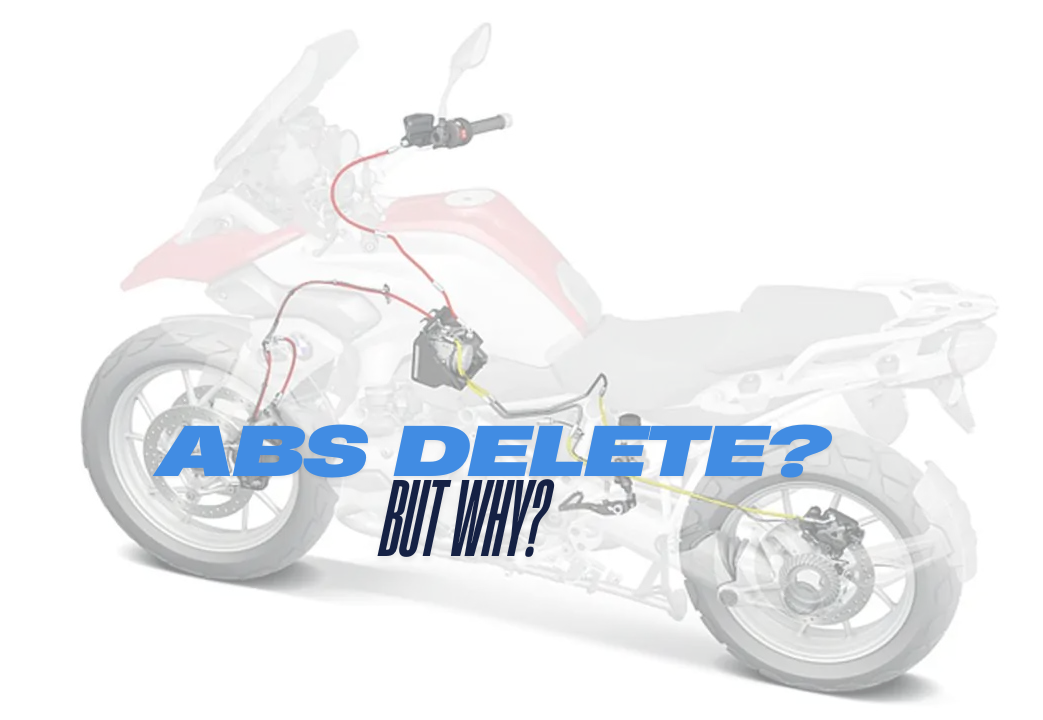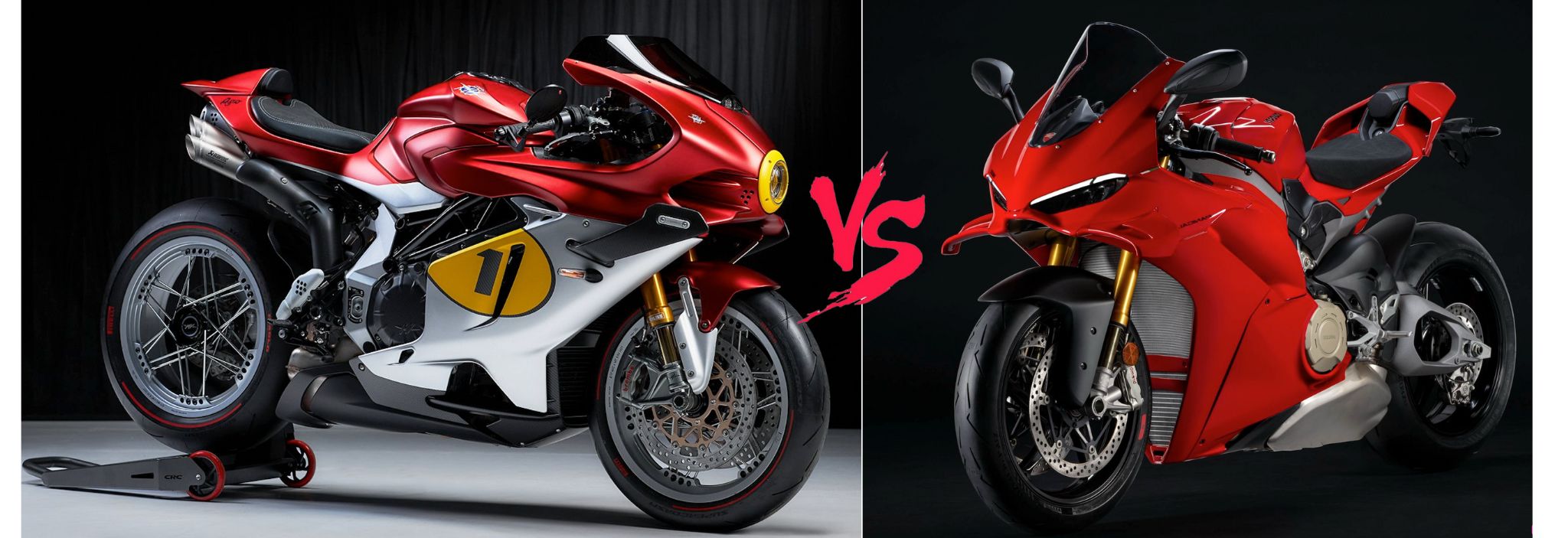With the evolution of humans, our beloved motorcycles are also evolving. Electronics like Traction aids, Wheelie control, Cornering ABS, Ctoppie control, etc are being used in those ‘Fast AF’ Bikes, but the question here is, ‘Are these Electronics making the ride less skilled?’.
Like every coin has two sides, there are supporters of this statement, and there are people who would buy the most e-features-equipped motorcycle.

Face it, rider aids are invented to practice safe riding but it also gives an opportunity to the rider to be fully dependent on the bike’s brain instead of using its own. For instance, riders might fail developing a profound sense of understanding about bike handling, for there will be electronics that manage throttle response, braking, traction control, ride modes etc interfere with the riding experience and performances of a bike according to the rider which might lead a beginner to think he is better than he is. These factors in the past had to be fully dominated manually, are now fully handled electronically, one doesn’t have to worry much about throttle in wet conditions when power output gets shut down automatically by the system, nor about braking distance due to ABS.
An extremely skilled rider, for instance, might feel the limits of grip on the road and use a subtle movement of throttle and brake inputs to manage his bike. But then, a rider overly reliant on traction control or the ABS might have some difficulty facing extreme conditions in which those systems aren’t as effective-term “overconfidence” when one becomes too dependent on electronics.
Safety and convenience might be enhanced by electronics, but they are no replacements for real hand skills. it takes an advanced rider to master cornering, body positioning, braking techniques, and throttle. The difference between a reactively effective motorcyclist on the road and track will be due to the mastery of these invaluable resources, apart from using high-tech tools available for their assistance.
Clearing the Air!
Modern motorcycles have integrated electronics that indeed change the way riders interact with machines. It has undoubtedly brought safety, performance, and control in motorcycles but the natural motorcycling skills should not get overshadowed because this technology is there to complement.
They help new riders to build confidence and also provide the experienced rider with finer control. Nonetheless, the real art of riding is never replaced and technology should increase skill so that riders may find new levels of performance without diminished importance of personal expertise and experience.
Hence, it’s not that electronics have made bikers less skilled but that they have transformed how the skills are used, practiced, and perfected.















Leave a Reply